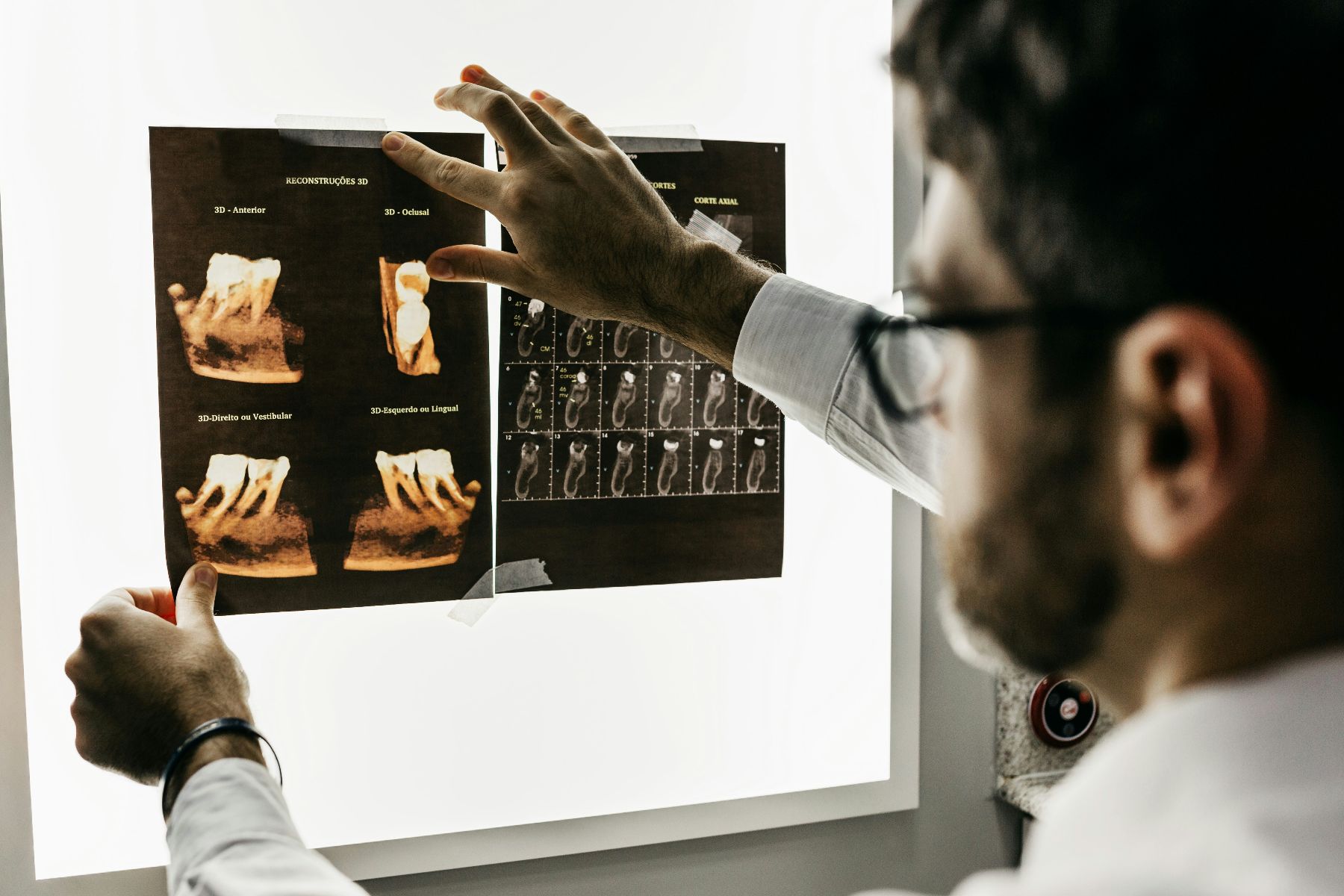If you are considering getting a dental implant, or have just had a dental implant placed, it is important to know what the recovery process is like and what you can normally expect. In this article, we discuss the different stages of recovery after a dental implant and offer practical tips for a smooth and successful recovery.
What to do in the first few days after a dental implant procedure?
Immediately after a dental implant placement, you can expect some discomfort. After all, you have just undergone a medical procedure. Swelling, mild bleeding and limited pain are normal symptoms. Your dentist or implantologist will likely prescribe painkillers, an antibiotic and an antiseptic mouth rinse to prevent infection and control pain. It is important to avoid extreme physical activity during the first few days after treatment and to follow your implantologist’s instructions carefully.
What about nutrition and oral care?
Proper nutrition plays an important role in the recovery process after dental implant placement. Choose soft foods for the first few days to avoid pressure on the implant. In addition, avoid hot drinks and food during the first 24 hours. Do not use straws, as the sucking motion may trigger bleeding in some cases.
In terms of oral hygiene, it is essential to keep your mouth clean, so be sure to brush your teeth twice a day. Be careful around the implant area. When healing caps are placed on the implants, you do not need to actively brush them for the first 3-4 days. Afterwards you may gently brush them. A soft toothbrush can help with this.
It may go without saying, but avoid alcohol and smoking. These two habits can greatly delay or complicate the healing process.
What to do in the weeks following a dental implants procedure?
As you recover, you will find that you can gradually return to your normal diet and activities. Always follow your implantologist’s advice and avoid activities that may stress the implant area. Smoking and alcohol are also strongly discouraged during this phase of recovery, as they can significantly slow down the healing process.
Plan your follow-up appointments carefully
Regular follow-up appointments are extremely important to ensure that your implant is healing properly. Your implantologist will monitor progress and can make further recommendations, if necessary. Even after a complete healing, it is important to maintain good oral hygiene and visit your dentist/dental hygienist regularly for checkups.
What to do in case of persistent pain or complications after treatment?
It is normal to experience some pain and discomfort immediately after dental implant placement. However, these symptoms should begin to subside within a few days. If you are still experiencing significant pain after 1 week, it is important to take this seriously. Excessive pain may be a sign of complications, such as an infection or a problem with implant ingrowth. Are you experiencing pain? If so, take the following steps:
- Contact your dentist or implantologist: If you experience persistent pain or discomfort, it is important to contact your implantologist. He can perform a thorough evaluation to identify and address the cause of your pain.
- Follow the prescribed treatment: If your implantologist prescribes a specific treatment or medication for you, it is important to follow these instructions carefully to address any complications.
- Watch for signs of infection: Symptoms such as redness and swelling that last longer than 1 week, a bad taste in the mouth or bad breath may indicate an infection. If these symptoms occur, contact your implantologist immediately.
- Never start any medication on your own: While it may be tempting to use whatever you have on hand to manage pain, it is important to consult with your implantologist first. They can prescribe the right medication specifically for your problem. After all, some medications can have a negative effect on the healing process, and self-medication without professional advice can actually make the situation worse.
Conclusion
During the recovery process after a dental implant, a combination of careful oral care, appropriate nutrition and following your implantologist’s instructions is crucial. While some degree of discomfort is normal after implant placement, persistent or severe pain is not something to ignore. By acting quickly and contacting your implantologist, you can address any complications early and ensure the successful ingrowth of your dental implant.
When you ensure good oral hygiene and follow the guidelines in this article, you can expect a smooth recovery and enjoy the long-term benefits of your new dental implant.
Are you looking for professional advice on your dental implants, or would you like to discuss your options? Contact specialist Doctor Frank Vanhove here!
Doctor Frank Vanhove has more than 20 years of experience as an oral-, jaw- and facial surgeon. Today he focuses exclusively on implantology. Dr. Frank Vanhove is the specialist in the field of dental prostheses and implants. He and his team place implants and a fixed and provisional dental bridge, in one day. So you can walk out the same day with a radiant smile.


